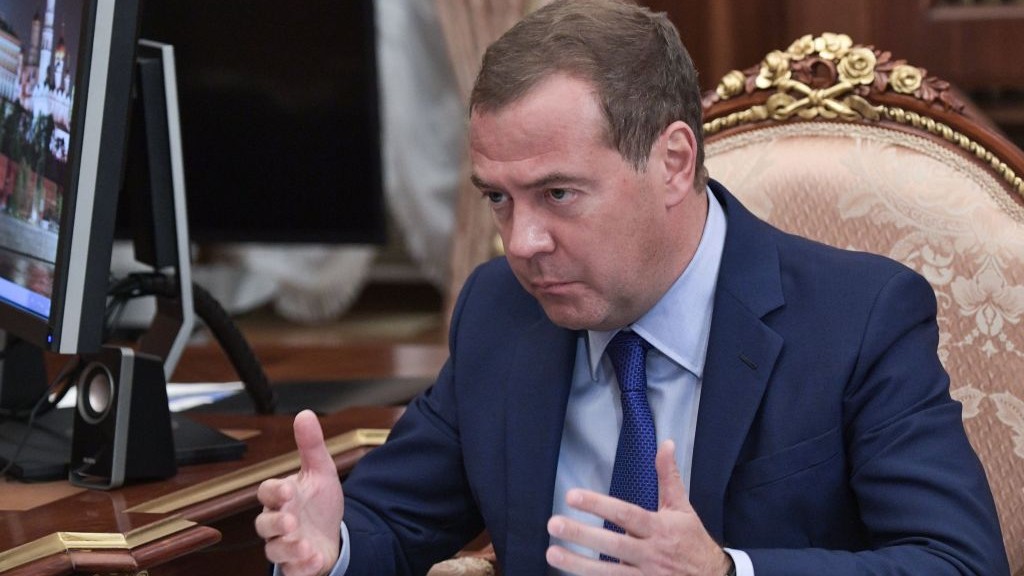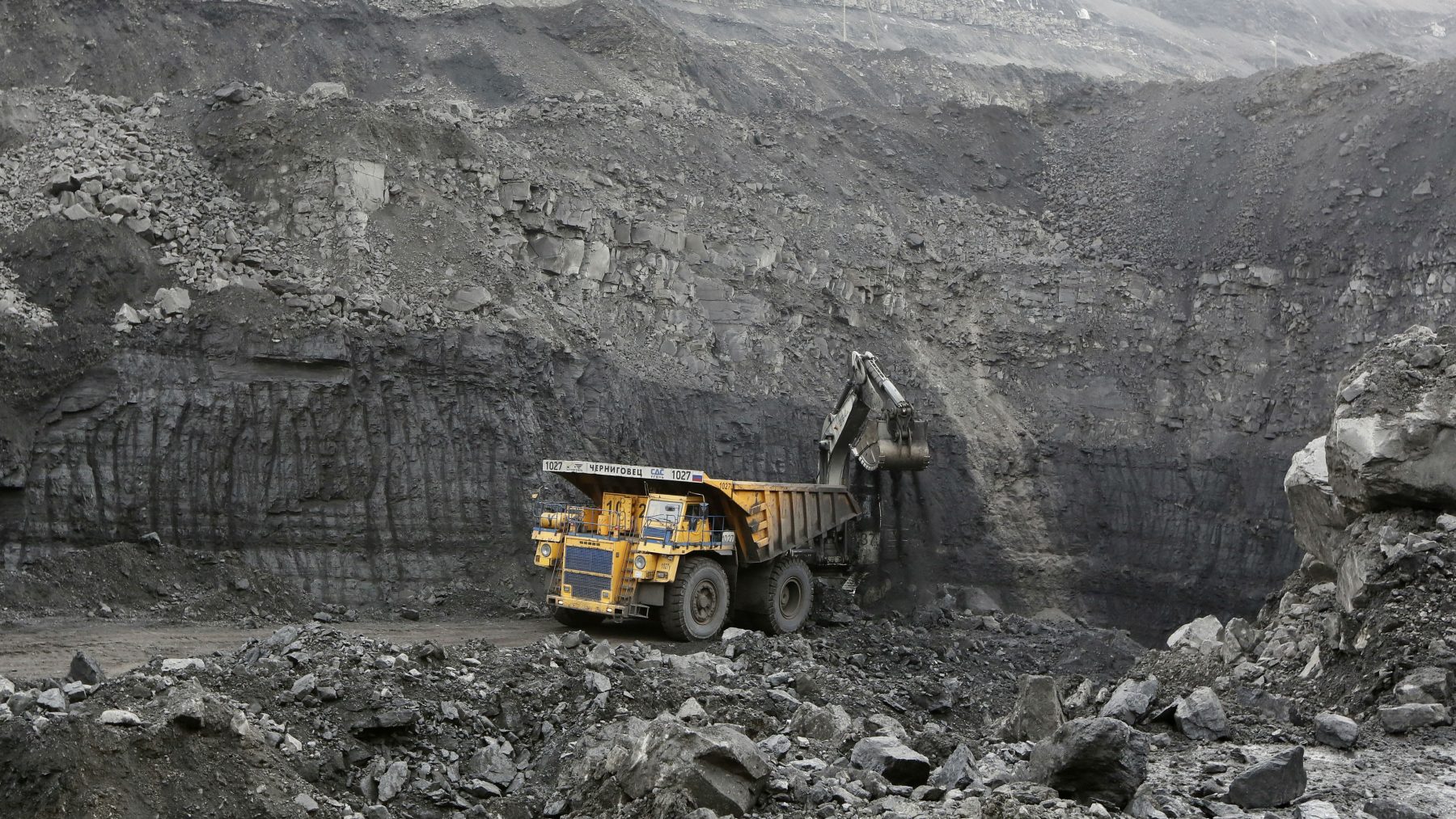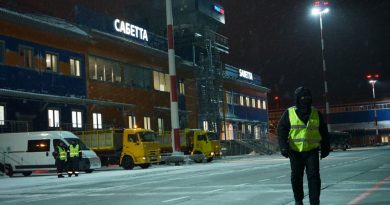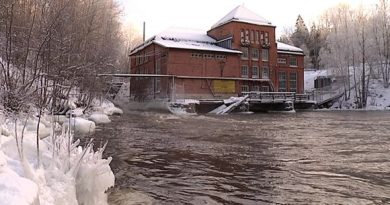Climate change threatens security and industry, Russian PM says

This week, Russian Prime Minister Dmitry Medvedev signed a government decree on the Paris Agreement.
“The participation in this process is important for our country,” Prime Minister Dmitry Medvedev underlined as he on Monday sat down in the Government White House with cabinet ministers.
“The threats coming from climate change include the disruption of the environmental balance, heightened risks for our key industries, like agriculture, and first of all threats against people’s security,” he stressed.
And he drew special attention to the situation in the north, arguing that melting permafrost is of serious concern.
He also left little doubt that the growing number of natural disasters in the country is connected with climate change.
However, the Paris Agreement was not sent to the country’s parliament for ratification. Instead, Medvedev decided to approve the international agreement by decree.
The approval comes ahead of the UN Climate Action Summit in New York this week.
Major change needed
According to the government leader, Russia is in the process of taking needed measures to follow up its climate commitments.
In the course of 2019, the federal government will adopt a law that will regulate climate gas emissions. In addition, Medvedev and his government also intends to soon present a draft long-term development strategy for low-level climate gas emissions until year 2050.
According to Dmitry Medvedev, the climate commitments include introduction of new technology, new businesses and industry.
“It is all important and useful, but will require pretty significant investments, [and] therefore this problem is to a rather high level connected with our economic development,” the Premier underlined in Monday’s meeting.
Dependence on fossil fuel sector

For the heavily oil and gas-dependent Russian economy, a transition towards green and sustainable energy solutions will require massive reform. Despite the serious changes in global climate, Russia continues to invest heavily in oil, natural gas and coal development all over the country, including in the Arctic.
Meanwhile, investments in renewable energy sources remain utmost low. According to government sources, only about 400 billion rubles will be invested in green power generation in the period 2025-2035 and new alternative generation capacity will amount to only about 5 GW.
That is far less than what previously has been outlined for investors, newspaper Kommersant reports.
Minister of Agriculture Aleksey Gordeev underlines that Russia’s participation in the Paris Agreement is important also because it gives the country the right to be part of the climate agenda.
“After all, any regulatory measures introduced must be formulated with the maximum possible consideration of our national interests,” Gordeev says.
Related stories from around the North:
Canada: Climate change education is not just about science, Blog by Ingrid A. Medby
Finland: After two dry summers, lakes and wells running low in Finland, Yle News
Greenland: Greenlanders stay chill as the world reacts to heatwave, CBC News
Norway: Climate change is about to divide Norway’s largest Arctic island, The Independent Barents Observer
Russia: Moscow supports Vostok Coal’s expansion into protected Arctic tundra, The Independent Barents Observer
Sweden: Local councils in Sweden more interested in climate change preparedness, Radio Sweden
United States: Drought causing water shortages in Southcentral Alaska communities, Alaska Public Media



